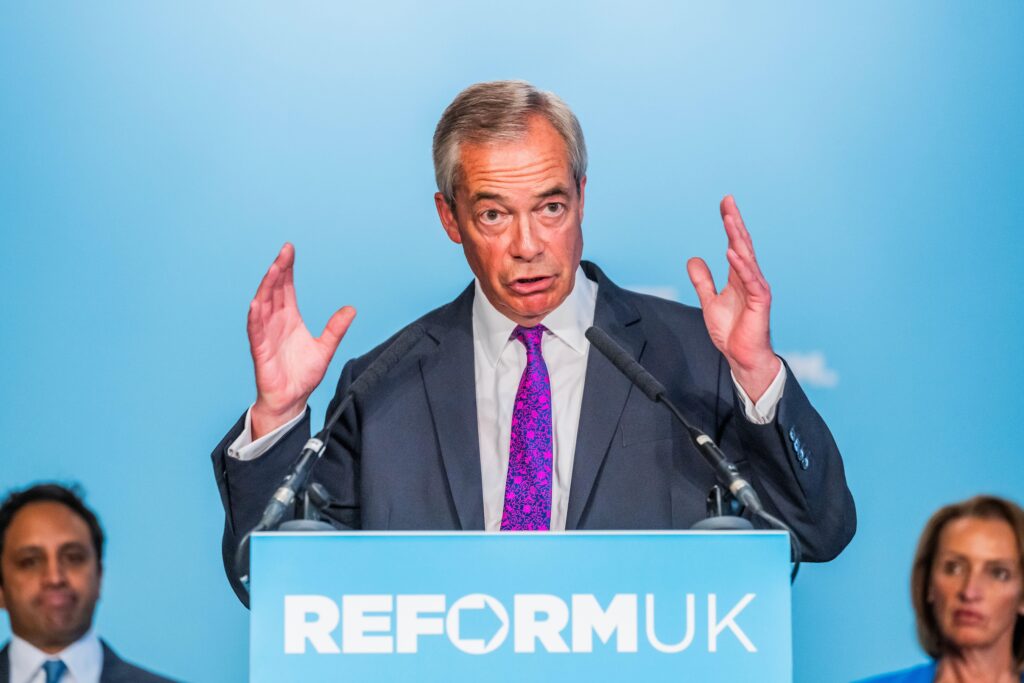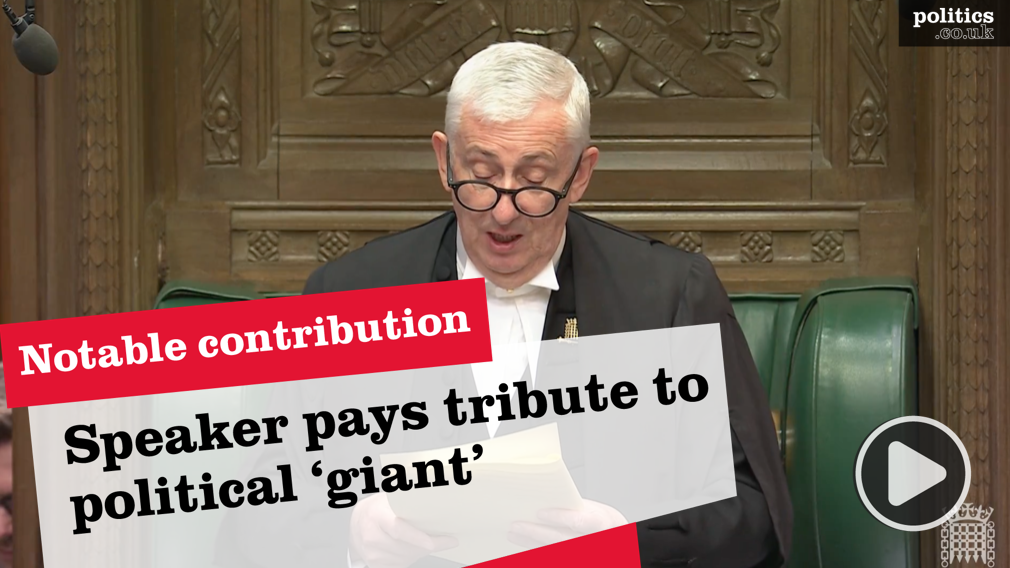Syria intervention: Anatomy of a defeat
David Cameron's personal authority took a huge blow last night – but the prime minister should only partly be blamed for the government's failure to win over the Commons.
This was a debate in which emotion and cold-headed logic brushed uncomfortably up against each other, a policy dilemma which saw a kaleidoscope of views combine to come up with the bare facts of a 13-vote coalition defeat.
That won't stop Labour leader Ed Miliband celebrating. His machinations laid the groundwork for the defeat – a deliberate attempt to push and push for more concessions before walking away from an opportunity for consensus regardless. He has sacrificed principles in order to weaken David Cameron – and in so doing ends a media narrative of his 'bad summer' with a monstrous distraction technique. Throughout yesterday it had seemed as if his politicking would actually backfire by bringing the Conservatives together; many of the Tory MPs I spoke to complained that the debate's tone was far more partisan than necessary, and pointed the finger at Miliband as a result. With so little separating the two motions, Miliband's striving for party advantage seemed more acute than ever.
Labour's politicking had at least secured a watered-down motion from the government, which had promised a second vote as well as a laborious pursuit of the diplomatic option via the United Nations. That had won over a number of the waverers. Jeremy Lefroy, the Stafford MP, told me he would only vote for military action if it was backed by the United Nations and the Arab League. "I would go further on the UN [than the government motion], but it gives us a second vote," he said.


If Miliband lost potential Tory rebels, his actions seem to have united his own party. And that will have been critical to determining the end result. "I want to give Ed a lot of support because he's done a lot of good and changed the debate," Kate Hoey, not one given to loyalty when the conviction takes her, said an hour before the division bells began ringing. Two other Labour MPs she was with agreed, one saying "I want to support Ed because he's moved so far".
Cameron moved a long way, too – but his MPs knew he was doing so because he had no choice. Tony Blair had a huge majority to play with in 2003; the "heir to Blair" found himself with no majority at all, a clapped-out whipping operation and a party which simply doesn't trust him. The question Tories have been asking all week is how their leader could have become so out of touch with the views of not just his party but the country.
The answer probably has a little to do with the pressures of the special relationship, and a lot to do with Cameron's desire to deal with a military intervention the right way. He repeatedly nodded in approval as Nick Clegg strained every sinew (something of a cliché in yesterday's debate) to explain the coalition's position. Ministers would seek to act against Assad's use of chemical weapons because the alternative would be more victims, and because the west had to stand up to him. It would do so legally and consensually – that was the reason for the recall in the first place.
The publication of the joint intelligence committee's assessment was supposed to be a key part of this. But Cameron's reasoning was not sufficiently persuasive for too many MPs. He was unusually open in removing the glamour of intelligence in his speech opening the debate, openly acknowledging it was just not possible to be "100% certain" that it was the Assad regime behind the attacks. Lots of the MPs I spoke to simply couldn't understand the motive. So when Cameron claimed they must have been used to test the patience of the west, many reacted with scepticism. "Me and a few other Labour backbenchers picked up on it," one of them told me. He just wasn't buying it.
In truth, MPs were poorly briefed about the issues. A lot of the diehard opponents of intervention were genuinely worried that Russia might turn off the taps in eastern Europe – a scenario I was told "wasn't going to happen" by Britain's former ambassador to the UN David Hannay yesterday lunchtime. Some believed special ops would have to be deployed to set up a surgical strike. Others rejected that completely: the 'in the know' MPs tended to be former ministers who'd been there and done that. One of them was Sir Malcolm Rifkind, the former foreign defence secretary, who had had to take action against Saddam Hussein's Iraq. Every so often Saddam's jets had to be "zapped" and "it worked – it kept them behaving better for a good few months until the next time". Rifkind, now chair of the intelligence committee which scrutinises the work of the security services, understood the ins and outs of what was likely far better than many. With a bit more time in which MPs could be briefed more effectively, more support could have been secured.
All of which tends to support the notion there is more to this than just yet another slap in the face from Tory MPs sick of Cameron. This was a "unique" issue, as one government source put it. A policy dilemma where too many MPs were scarred by the memory of Iraq and the now pervasive war weariness which afflicts British society.
"It's a very extreme situation to have called people back," Liberal Democrat rebel Andrew George said. He was one of nine Lib Dems to rebel, more than he expected. Their discomfort was based on a lack of trust that this first motion might just be used as justification by the back door. "You can only draw the conclusion this is stepping through the threshold on to the slippery slope of sanctioning military intervention."
The Commons has now shut that door firmly. It is a stunning setback for the prime minister, and one which has already decisively shifted attention back to his leadership. The defeat was built on a rushed debate, an uncertain and flawed argument, and deeply engrained suspicion from MPs. Cameron's big mistake was not realising how weak he was and pressing on regardless. How big a price he will pay remains to be seen.











